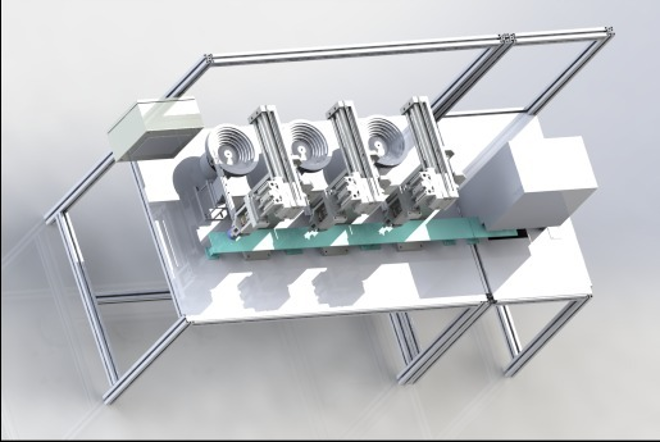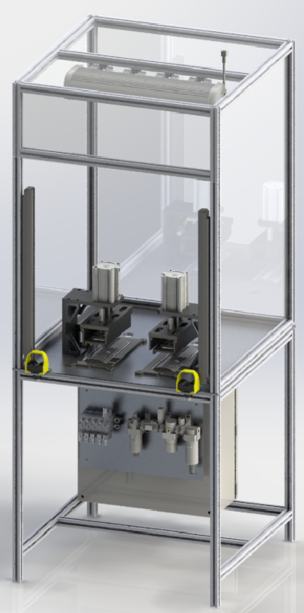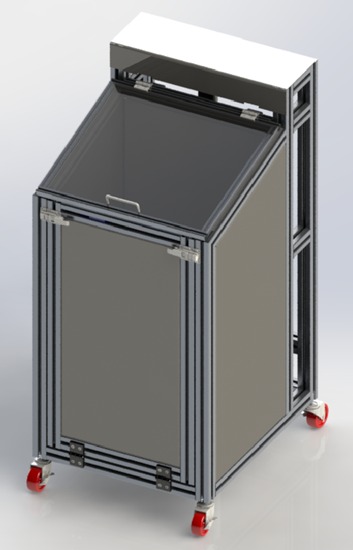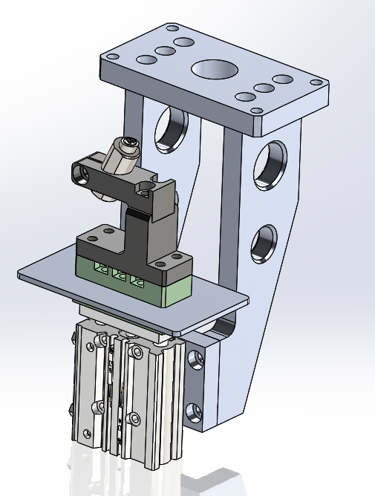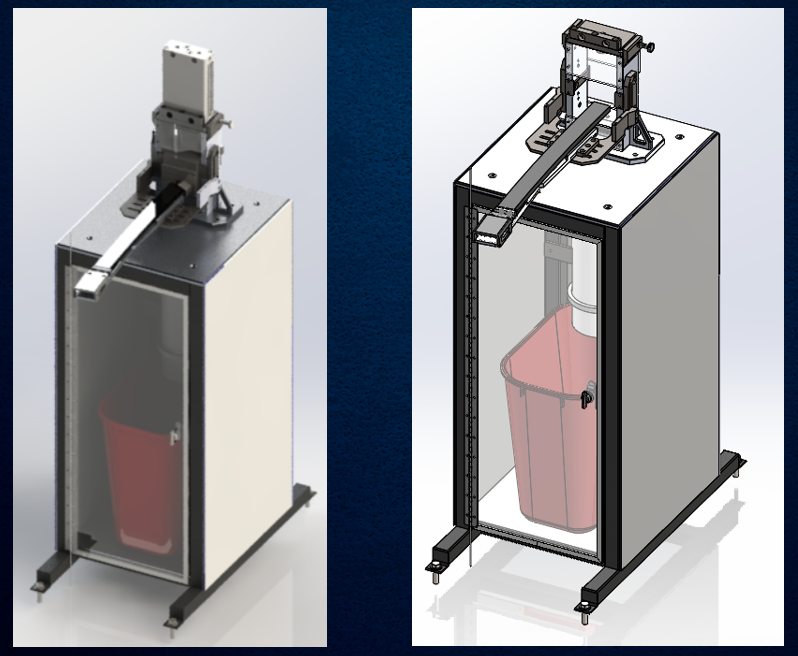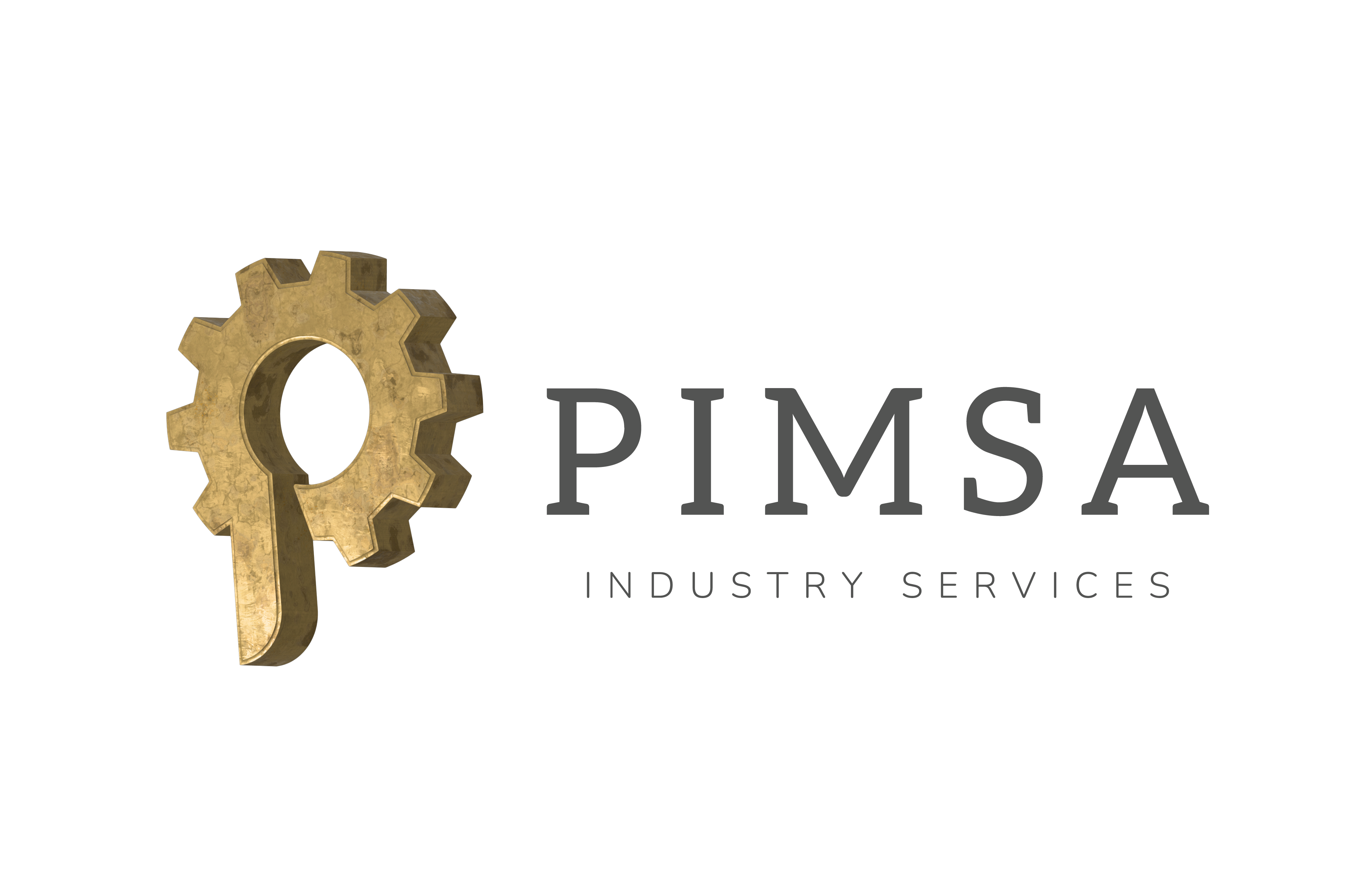PIMSACORP
Engineering Design
Engineering design is fundamental in industry for several important reasons:
Process and Product Optimization: Engineering design allows for more efficient, safer and cost-effective products and processes. Through design, inefficiencies can be identified and eliminated, production costs reduced, and final product quality improved.
Innovation and competitiveness: Good engineering design is the basis for innovation. It enables the development of new technologies, products and processes which can give a company a competitive edge in the market. Without a strong focus on design, companies can be left behind in a competitive environment.
Safety: Engineering design focuses on creating systems and products that are safe to operate. This includes identifying and mitigating risks, complying with safety standards and regulations, and implementing safety features to protect workers and end-users.
Sustainability: As environmental concerns become more prominent, engineering design also focuses on sustainability. Engineers design products and processes that minimize environmental impact, reduce energy consumption, and use resources more efficiently.
Scalability and Flexibility: A good engineering design allows industrial processes to be scaled as needed and adapted to new demands or market changes. This is crucial for industry, where the ability to respond quickly to change can be the difference between success and failure.
Regulatory Compliance: Engineering design ensures that products and processes comply with industry regulations and standards. This is vital to avoid sanctions, ensure the legality of the product and protect the company’s reputation.
Long-term Profitability: Investing in good engineering design can lead to a reduction in maintenance, repair and operation costs over the long term. In addition, efficient design can extend equipment life and improve overall profitability.
Customer Satisfaction: A well-designed product not only meets the technical requirements, but also satisfies the customer’s needs in terms of functionality, usability and aesthetics. This contributes to customer loyalty and product commercial success.
In short, engineering design is essential to ensure that industrial products and processes are efficient, safe, innovative and sustainable, resulting in competitive advantages, regulatory compliance and customer satisfaction.
